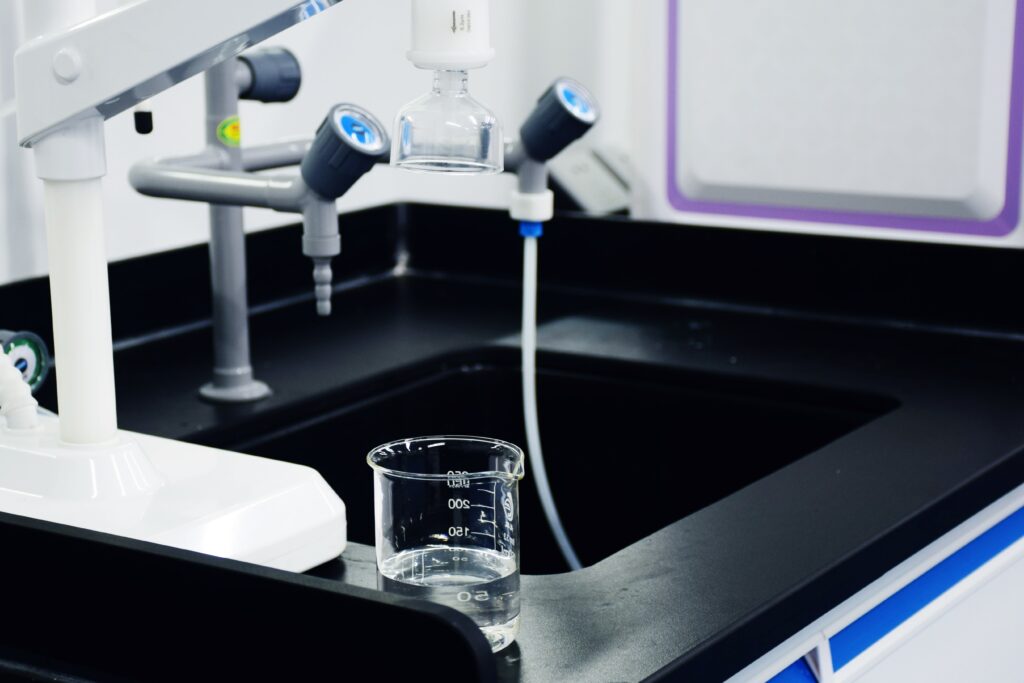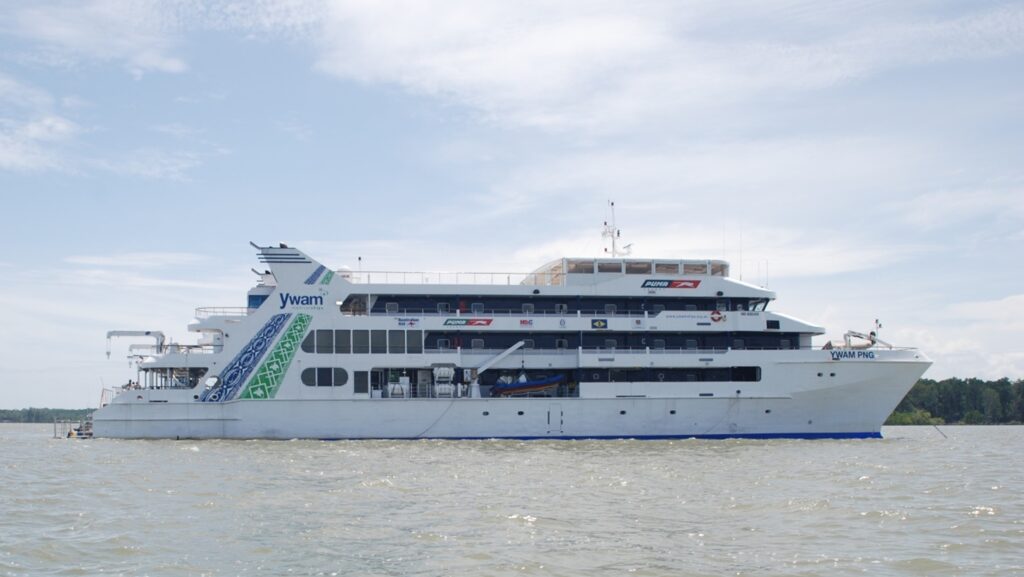What is demineralised water used for?
Demineralised water, or water with a very low mineral content, has a wide range of uses particularly in industrial settings, including:
- High pressure boiler feeds
- Battery manufacturing
- Cooling systems
- Chemical production
- Circuit board manufacture
- Laser cutting and cooling
- Pharmaceutical applications
- Automotive manufacture
- Sterilisation of medical devices
- Water for research laboratories
Each of these applications has different water requirements (e.g. pH, silica concentration, hardness and conductivity) but all require a low concentration of minerals in the feedwater. If demineralised water is not used in these processes, then a wide range of issues can be introduced including the formation of mineral scale on heated surfaces or the corrosion of components exposed to oxygen.

Main technology used for demineralised water production
Demineralisation covers any process which reduces the mineral content of water so covers a wide range of different desalination methods includes distillation, membrane filtration and ion exchange. Traditionally, however demineralisation is used to refer to a combination of ion exchange systems used to produce high purity water. Typically mains supply water is passed through two separate beds of ion exchange resin (cationic and anionic). The cation resin removes minerals like calcium, magnesium and sodium while the anion resin removes chloride, sulfate and carbonate.
Cation resins exchange hydrogen ions for mineral ions and therefore become depleted overtime. To regenerate the resin, strong acids (usually sulphuric or hydrochloric acid) are used to strip the minerals off the resin and replace the hydrogen ions. Similarly, with anionic resins, ions like chloride, sulfate and carbonate bind to the resin. Anionic resins are regenerated using sodium hydroxide.
Cation resins are placed prior to anion resins to stop mineral hydroxides fouling the anion bed. There is a variation on this setup where CO2 removal systems (typically degassers) are installed between the cation and anion resins to increase the operational time of this resin before regeneration.
Ion exchange based demineralised water systems, due to their high operating costs, are becoming outdated and expensive when newer technologies are considered.

New Technologies for producing demineralised water
There are new technologies that can replace traditional ion exchange based demineralisation systems:
- Two pass RO with mixed bed polishing
Reverse Osmosis is the most widely used desalination technology. By treating the permeate produced from the first pass with an additional reverse osmosis system, water with very low mineral content can be produced. The permeate from the second pass is then passed through a mixed bed resin. Mixed bed resins contain both anion and cation resins mixed together in a single vessel. Mixed beds are best at polishing very pure water and just removing the last 1% of the mineral content. Mixed bed resins are regenerated offsite meaning hazardous chemicals are not required onsite.
- Single pass RO with EDI polishing
A single pass Reverse Osmosis system is capable of reducing the mineral level to the required level for electrodialysis. Electrodialysis is a method where electricity is used to remove the remaining ions from solution. Electrodialysis works best with low salinity systems and can be used to generate 16-18 MΩ-cm water.

Advantages of upgrading demineralisation systems
Many ion exchange based demineralisation systems are reaching end of life and represent outdated technologies giving companies an excellent opportunity to upgrade their demineralised water production systems. By upgrading to newer technologies, clients will
- Require less hazardous chemicals onsite
- Free up space onsite as newer technologies require a smaller footprint
- Have lower operating costs
Whether clients prefer single pass RO with EDI polishing or double pass RO with mixed bed polishing will be determined by the cost of electricity, the project budget and maintenance schedules onsite.
To discuss more about how Moerk Water can help you produce demineralised water for your industry, contact us




